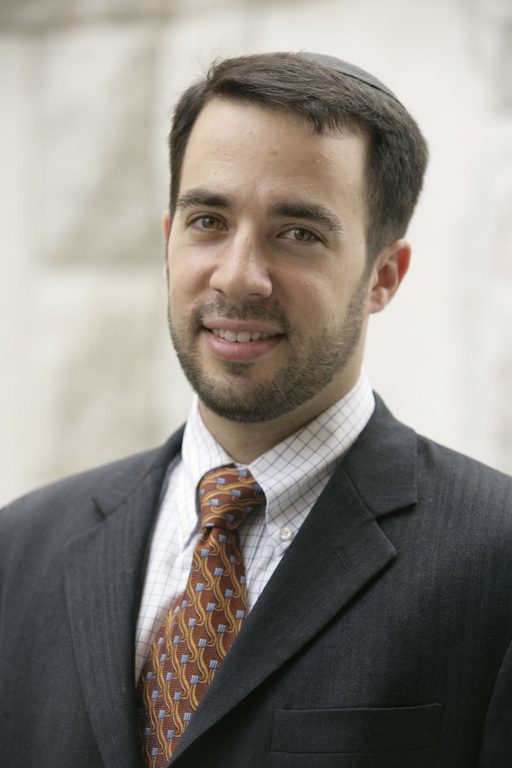Parshat Eikev: Remember not to forget
This parsha features another installment of Moshe’s Wilderness History 101 crash course for the second generation entitled, “Where your parents messed up at the Golden Calf.” It includes Moshe’s account of how he went up the mountain for three 40-day spans, and how G-d wanted to destroy the people but didn’t, on account of Moshe’s prayer.
In the midst of all this, we are told one of the “Shesh Zekhirot,” the six remembrances, that appear at the end of Shacharit in many siddurim.
“Remember and never forget how you provoked G-d your Lord in the desert. From the day you left Egypt until you came here, you have been rebelling against G-d.” (Devarim 9:7)
The other remembrances are understandably important daily reminders.
Remembering the Exodus reminds us of G-d’s presence and His covenant to watch over the descendants of Avraham. Remembering Shabbos is ostensibly one of the most distinguishing qualities of the Jewish people.
G-d’s presence at Mt. Sinai is the source for our devotion and dedication to the Torah. What happened to Miriam is an ever constant reminder that even the greatest amongst us are at the perils of lashon hara, and that it is a draw that we ought to fight from the deepest depths of our souls. The reminder to destroy Amalek is a call to vigilance, for the Jewish people to never lose sight of the fact that there are enemies looking to harm them.
But a reminder about the Golden Calf seems counterintuitive. Why should we be reminded of a major sin? Why be reminded of a time when our ancestors angered G-d? While it may be true that the generation that left Egypt rebelled against G-d over and over, does that mean their children were similarly rebelling? Furthermore, is this remembrance something that was meant to be applicable for all time, or was Moshe directing this memory-command at the people he addressed for only their time, and only their generation?
The obvious answer is that if we are reminded of how bad we were, the memory of the repercussions of such a sin might trigger an automatic force field against the inclination to sin.
The Torah Temimah (Rabbi Baruch HaLevi Epstein) struggled over how to explain this “remembrance.”

 54.0°,
Mostly Cloudy
54.0°,
Mostly Cloudy 




